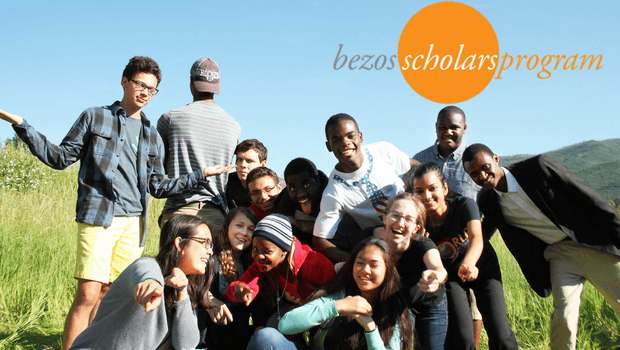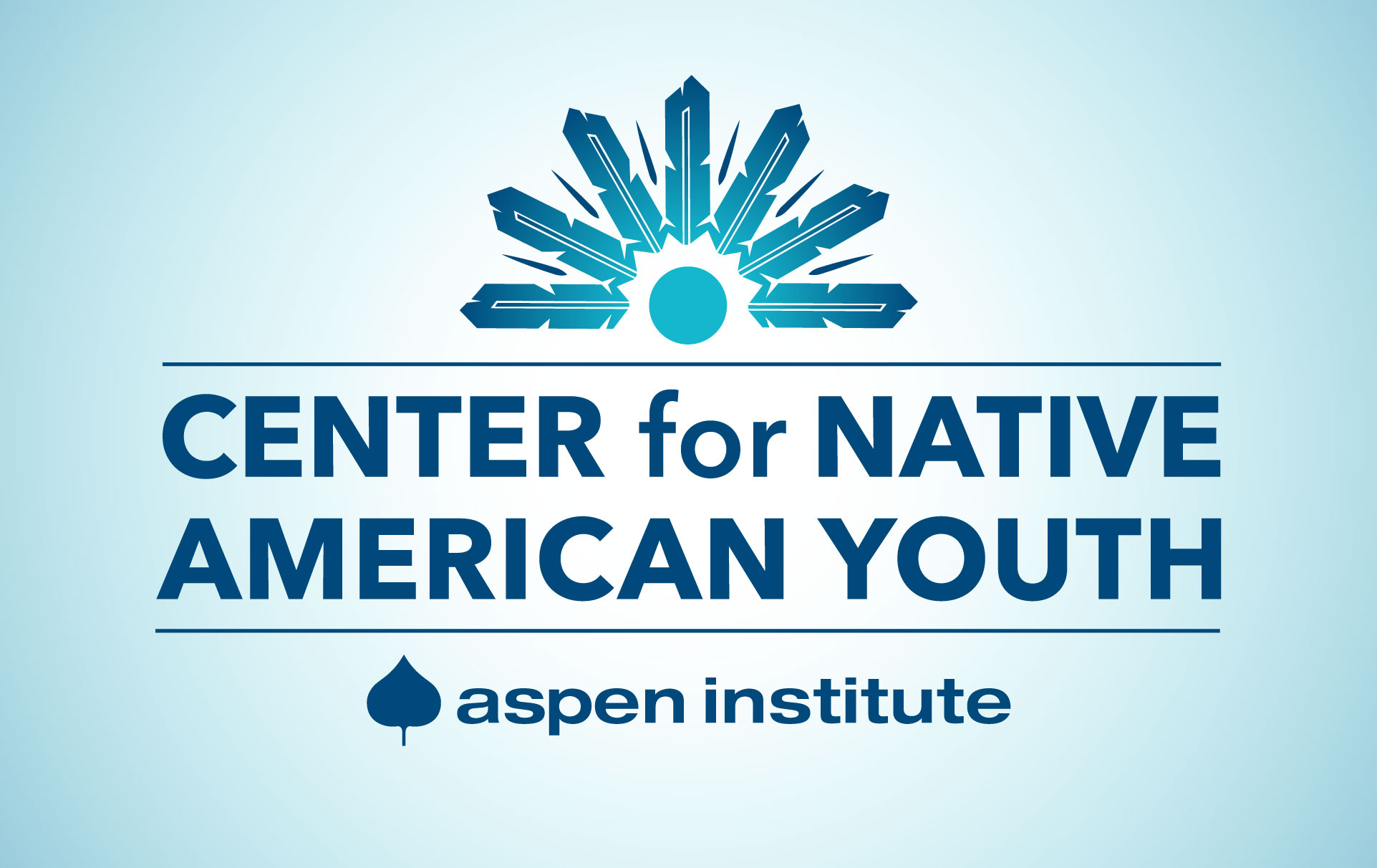
The South Central Climate Science Center is offering summer undergraduate internships to students of underrepresented minorities interested in STEM and passionate about climate change. Interns will be involved in hands-on activities and mini-projects related to climate research that allow them to see the direct impacts of climate variability and change across the country. As part of the internship, interns will travel across the south-central United States to visit university campuses and field locations. The internship dates are July 8-28, 2018, and all meals and lodging will be provided, as well as a $200 weekly stipend.

The Bezos Scholars Program is a year-long leadership development program for public high school juniors and educators. The program begins with a scholarship to attend the Aspen Ideas Festival and continues through the following school year, when Bezos Scholar Teams return to their communities to launch sustainable, local Ideas Festivals that transform their schools and communities.

AAIA is a national Indian organization that focuses on three main areas: youth/education, cultural preservation, and sovereignty. One-year and two-year scholarships are available to undegraduateand graduate Native American students seeking an Associate’s Degree or higher. Scholarships are awarded based on both merit and need.

The American Indian College Fund provides approximately $8 million in scholarship funding each year to American Indian and Alaska Native college students. Applications are accepted between January 1 and May 31 each year. Students who will be attending full-time at any tribal, public, or private (non-profit) college or university are eligible to apply. Recipients must be an enrolled member of their tribe or able to prove enrollment of a parent or grandparent. Awards range from $900 per year up to over $15,000 per year.

Washington University in St. Louis’ Kathryn M. Buder Center for American Indian Studies offers a scholarship program for students who are admitted into the Masters of Social Work at the Brown School at Washington University in St. Louis.

The Alfred P. Sloan Foundation partners with several universities to fund Master’s and Doctoral degree scholarships for American Indian and Alaska Native students interested in STEM careers.



 Democracy is Indigenous
Democracy is Indigenous
